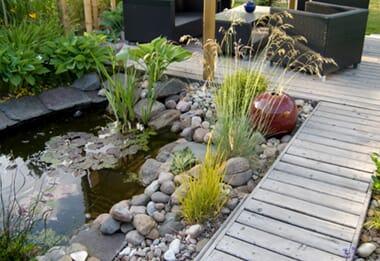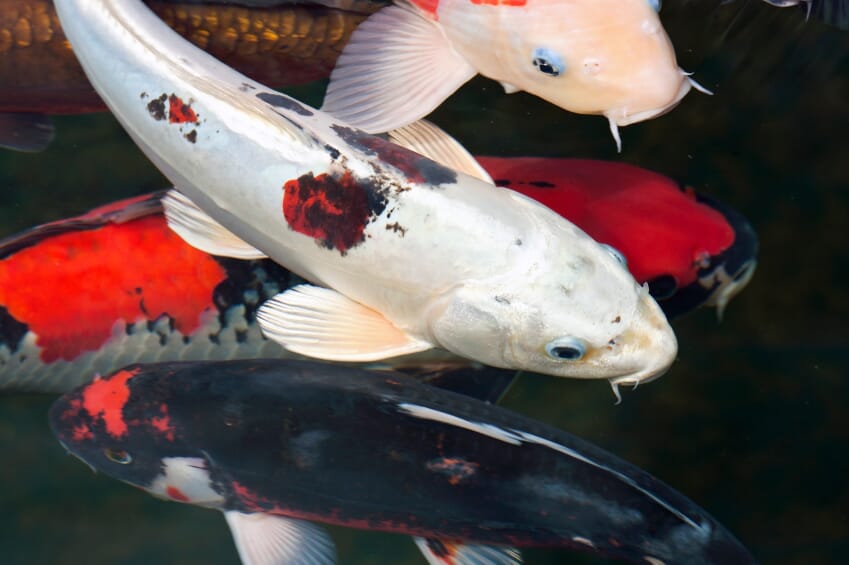All over the world, wildlife and plant life continue to struggle due to human impact. Plants and animals that used to be commonplace are now struggling to survive in this new ecosystem and biodiversity as we know it could soon become a thing of the past. It is our job as responsible citizens to preserve wildlife wherever possible, and you should make your garden the focus for protecting your local ecosystem.
A Change in Culture is Required
Unfortunately, this news should not come as a surprise to many of us. From an incredibly young age we are taught that our gardens are a place to create beauty rather than encourage biodiversity.
Although our gardens should undoubtedly be used as a place to relax and unwind, they should also be used as a platform to create sustainability.

In America especially, gardens are used to cement ideas about wealth and social status rather than ensure a sustainable future for our natural wildlife. Contrary to this popular belief, however, wildlife does not simply exist on forests and lakes, it is all around us and it is our job to protect it. Here’s how you can start changing attitudes and promote biodiversity.
The Addition of a Pond Can Make All the Difference
Adding a pond to your garden is the single most important way that you can attract wildlife to your garden and create a sustainable living habitat with an emphasis on biodiversity.
We constantly hear news stories about the impact of tuna farming on the ocean, but what about the positive impacts that something as simple as having a fish as a pet can have?
With current estimates stating that the average back garden may contain twice as many species as have so far been identified on the whole planet, it is undoubtedly incredibly important to nurture the naturally occurring wildlife and provide it with a home.
How is it All Possible?
The process of building a pond in your back garden is incredibly simple and can be done in a few simple steps. As soon as this process is complete your garden will begin to attract wildlife and, although tentative at first, more animals will soon begin arriving.
To begin the process, be sure to have some fish in your pond. There are a number of additional extras that can make your pond look aesthetically pleasing, but your fish should be the mainstay. There are currently over 100 types of goldfish alone and many can inhabit the pond even in the depths of winter. Alongside these, carp, tench and golden orfe are more than suitable fish to inhabit the pond.

With minimal effort and huge environmental impacts, you should seriously consider starting a pond in your own garden. Remember that our back gardens are wildlife preserves too and back garden biodiversity is the key to creating sustainability for future generations.
January 2014

